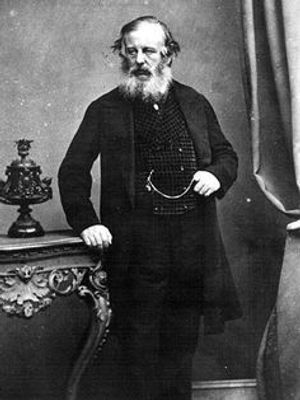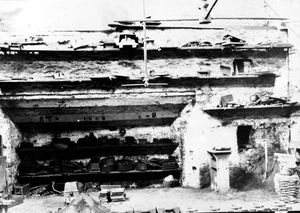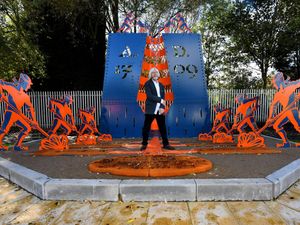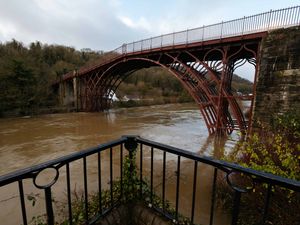Dudley's father of the Industrial Revolution could have become a brewer
Had life taken a different turn, Abraham Darby might have gone down in history as a brewer of beer rather than the father of the Industrial Revolution.
But while his career choice may have been a loss to the brewing industry, we should probably be glad he chose to focus on his iron foundries - otherwise the world we live in would be very different today.
Darby's short but remarkable life will be the subject of Sedgley Local History Society's next meeting, with Kyla Hislop from the Ironbridge Gorge Museum Trust sharing her insights.

Darby, retrospectively known as Abraham Darby I or Darby the Elder, was born at Wren's Nest in Dudley, on April 14, 1677. The son of John Darby, a yeoman farmer and locksmith, and his wife Ann, he was a distant descendant of the Barons of Dudley. More to the point, he was the great grand nephew of Dud Dudley, reputed to be the first man in the world to smelt iron with coke, and it would be in his famous ancestor's footsteps that he would follow.
In his early life, Darby was an apprentice in Birmingham’s malt mills, preparing the grain for beer production. At the age of 21, he moved to Bristol to set up his own malt mill business, but changed career to work in the brass industry, using sand moulds to cast pots.
Darby spotted an opportunity using these techniques to mould iron, which was considerably cheaper, and in 1703 he set up an iron foundry in Bristol. But it was on his return to his native West Midlands that Darby truly transformed the world we live in.

In 1705 he took on a lease at a blast furnace in Coalbrookdale in Shropshire, where he began using coke as a fuel to smelt iron. While his great grand uncle had pioneered the technique - which was patented by Dud's father, Edward, Lord Dudley, in 1622 - it was Darby who made it commercially successful. In 1713, he opened the world's first purpose-built coke-fired blast furnace, which survives to this day at the Coalbrookdale Museum of Iron.

Darby died, aged 39, in March 1717, but his son Abraham II, and grandson Abraham III further developed his legacy - the latter achieving worldwide fame when he completed the world's first iron bridge in 1779.
Darby I is now commemorated by a 13ft sculpture at the corner of Birmingham New Road and Tipton Road in Woodsetton, close to his birthplace.
The event will be held at St Andrew’s Church in Bilston Street, Sedgley, on February 13, starting 7.30pm. Admission is £2.

